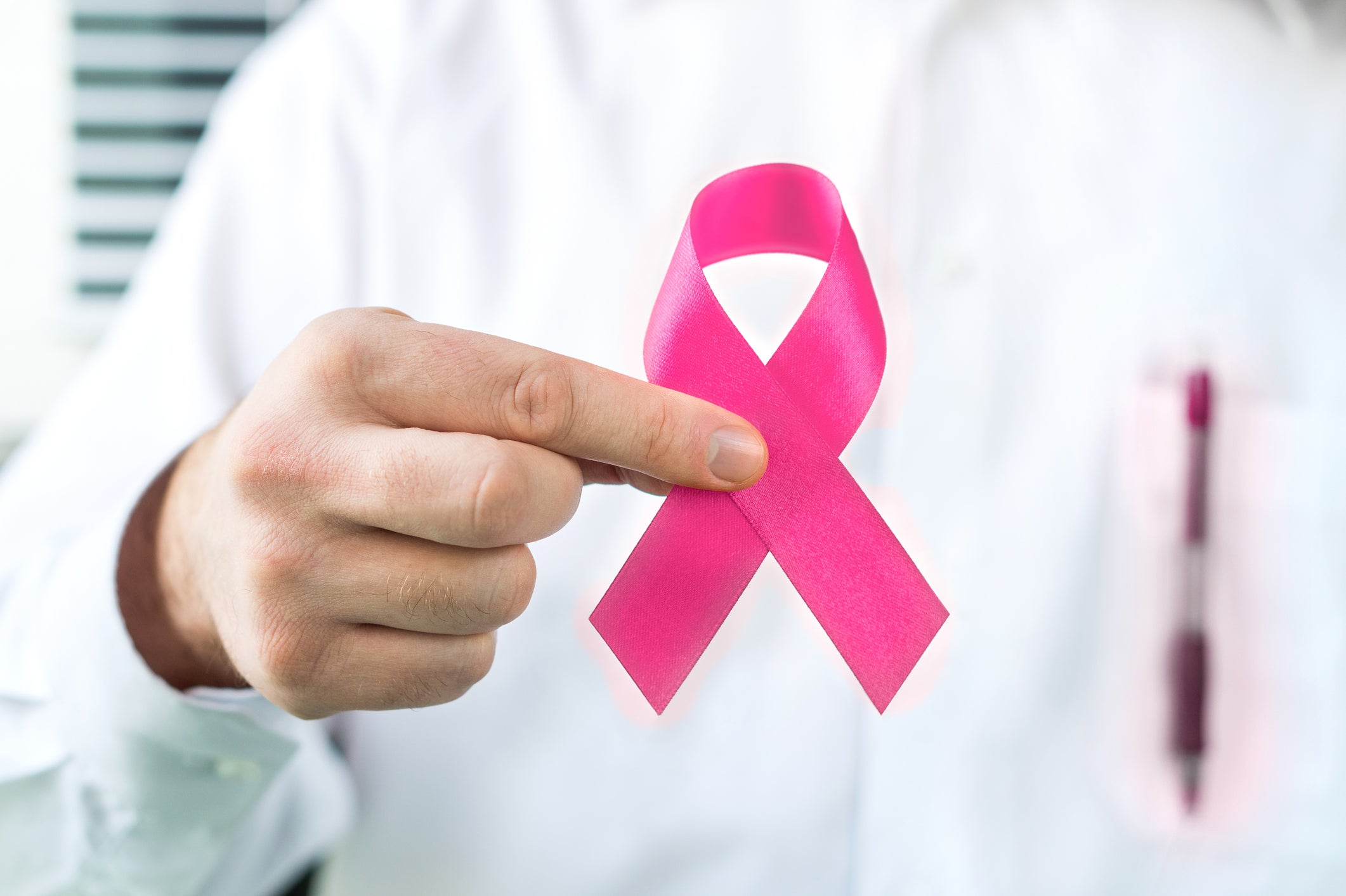‘Promising’ scientific breakthrough could predict return of breast cancer
55,000 women in the UK are diagnosed with new cases of breast cancer every year

A new illuminating scientific finding may enable medical professionals to determine whether women who’ve suffered from breast cancer are likely to relapse.
More than 55,000 women in the UK are diagnosed with new cases of breast cancer every year, with one in eight women likely to develop the disease at some point in their lifetimes.
Secondary breast cancer, which is when breast cancer cells spread to other areas of the body, cannot be cured, although it can be treated.
Researchers from the University of Edinburgh believe that they've discovered a way of identifying genetic changes that occur in women who've had breast cancer.
Monitoring these genetic changes may then help doctors ascertain whether women who've had breast cancer are at risk of relapsing, and help prevent them from developing secondary breast cancer by providing them with alternative treatments.
For the study, which was published in journal Breast Cancer Research, researchers studied tumour samples taken from 62 breast cancer patients who'd been taking aromatase inhibitors over a two-year period.
Aromatase inhibitors are a group of drugs used to treat women who've been diagnosed with breast cancer and have been through the menopause.
None of the women involved in the study had previously had their tumours surgically removed.
The tumour samples were collected before the women had begun their hormone therapy, after a few weeks of treatment and then following a four-month period.
The team discovered that hormone therapy caused almost instant changes to occur to genes that had been "switched on" in the tumours.
Not only did these changes become more pronounced over time, but the scientists noted a difference in the changes to "chemical signatures" that occurred in the tumours of women whose breast cancer had become resistant to treatment with those whose hadn't.
"Treatment resistance is hard to study and laboratory experiments often do not closely resemble the situation in patients," says Dr Andy Sims, senior research fellow at the MRC Institute of Genetics and Molecular Medicine.
"This is the first time we have been able to investigate genetic changes in individual patients' tumours over time.
"We hope the findings will help to develop new tests that predict which women on hormone therapy are likely to relapse so that they can be offered alternative treatments."

The research was partially funded by Breast Cancer Now, the largest breast cancer charity in the UK.
Dr Simon Vincent, director of research at the charity, believes the study's findings could prove hugely beneficial for the development of new forms of breast cancer treatment.
"This is a promising early finding that could help us better understand how some breast cancers become resistant to therapy and what we can do about it," Dr Vincent says.
"Drug resistance is a major hurdle that we must overcome if we are to finally stop women dying from breast cancer.
"Through research like this, we hope to one day be able to identify when therapies are becoming less effective and when a change of treatment might be appropriate."
Join our commenting forum
Join thought-provoking conversations, follow other Independent readers and see their replies
Comments
Bookmark popover
Removed from bookmarks